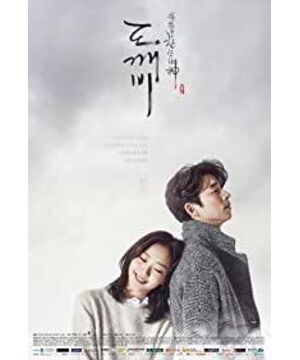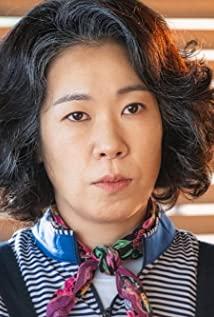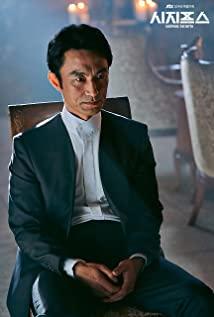In order to give the male protagonist a strong setting, the army that returned triumphantly was annihilated by random arrows at the gate of the city along with the welcome people. will not do so. Before the general died, looking at the empress, and a group of family members who may have died in front of him; the audience didn't feel any grief and anger, but felt it was nonsensical. They are going to die anyway, so why not sacrifice themselves to save them? That might be a little more moving.
Then, the male protagonist became the gold protagonist who lived hundreds of years longer than Professor Du. It's just a ghost whose soul is wandering and wants to die for peace, but it has the ability to be more powerful than God, travel through space, and change people's life and death. Take the heroine in front of him. In the first episode, the ghost rescued the heroine's mother effortlessly in the pool of blood so exaggeratedly red in the snow. In the third episode, just to be funny, a few words written in horse blood made the ghost paralyzed. It is also specially noted that ghosts hate red very much, they will be paralyzed when they see blood, and it is difficult for even powerful ghosts to enter the place covered with blood. Jin Bian is telling the audience that it is just to amuse you.
In order to let the two handsome men play, the chickens and rabbits are in the same cage, and a ghost and a soul-sucking messenger live together, is it because there is no such idiom in Korea as "one mountain cannot tolerate two tigers"? However, it became the only thing to watch in the whole play.
The heroine is an orphaned little cabbage, but she doesn't look like the hero who has been under the fence since she was a child. When she encounters all kinds of arrogance from the hero, she actually says "I love you" to a man who has only met a few times for no reason. Where are the emotional mobilization and line skills that Jin Bian is good at?
Gong Yoo should still act in a deep drama like "Train to Busan", a drama with a superficial character that only looks at the face is a waste of his acting skills.
Li Dongxu is really handsome, but just to have a comedic effect, Jin Bian abruptly turned a deadly ecstasy into a cute joker. Shouldn't this setting be angelic? So much so that Li Dongxu was speechless when he switched between playing cool and playing treasures, but it's a pity for his handsome and cool style.
In the play, one man, two men, three men, one woman and two women are all here to make fun, but the audience can't laugh. The play is also mixed with a sad past and a heavy mission. The traces of the axe are too heavy to be digested by the actors.
Jinbian's play should be the same as before, looking for actors who can support a play just by looking at their faces. This kind of silly and sweet heroine without the blessing of IQ really has to rely on her face to make up for it. Even if all kinds of highlights are softened, Kim Go-eun is far worse than Jun Zhixian's charming and charming, Song Hye-kyo's delicate and pitiful, and Han Xiaozhou's beauty and beauty. The rivalry with the male protagonist is extremely dull, and it is far less beautiful than the one between the two male protagonists. The result is like those hot comments said, just look at the faces of the two male gods, does it matter who the heroine is?
I think back then, the reason why the successors who were also cobbled together by Jinbian was because of the strong setting of the male first to the male N, and people's yearning for the life of local tyrants. However, the setting of this drama is chaotic and has no new ideas. The audience can neither substitute nor rely on it. It is only supported by the looks and acting skills of the two male protagonists. It is really impossible to become a divine drama. It's just that there is a shortage of dramas at the end of the year, and even dramas like Blue Ocean have more than 15% of the ratings. The fantasy wind of Korean dramas is finally getting more and more chaotic.
It's time to go back to watching European and American dramas.
View more about Guardian: The Lonely and Great God reviews











